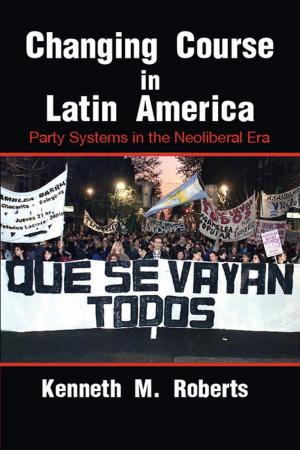Fighting the Mau Mau
The British Army and Counter-Insurgency in the Kenya Emergency
Nonfiction, History, British, Military| Author: | Dr Huw Bennett | ISBN: | 9781139854337 |
| Publisher: | Cambridge University Press | Publication: | November 22, 2012 |
| Imprint: | Cambridge University Press | Language: | English |
| Author: | Dr Huw Bennett |
| ISBN: | 9781139854337 |
| Publisher: | Cambridge University Press |
| Publication: | November 22, 2012 |
| Imprint: | Cambridge University Press |
| Language: | English |
British Army counterinsurgency campaigns were supposedly waged within the bounds of international law, overcoming insurgents with the minimum force necessary. This revealing study questions what this meant for the civilian population during the Mau Mau rebellion in Kenya in the 1950s, one of Britain's most violent decolonisation wars. For the first time Huw Bennett examines the conduct of soldiers in detail, uncovering the uneasy relationship between notions of minimum force and the colonial tradition of exemplary force where harsh repression was frequently employed as a valid means of quickly crushing rebellion. Although a range of restrained policies such as special forces methods, restrictive rules of engagement and surrender schemes prevented the campaign from degenerating into genocide, the army simultaneously coerced the population to drop their support for the rebels, imposing collective fines, mass detentions and frequent interrogations, often tolerating rape, indiscriminate killing and torture to terrorise the population into submission.
British Army counterinsurgency campaigns were supposedly waged within the bounds of international law, overcoming insurgents with the minimum force necessary. This revealing study questions what this meant for the civilian population during the Mau Mau rebellion in Kenya in the 1950s, one of Britain's most violent decolonisation wars. For the first time Huw Bennett examines the conduct of soldiers in detail, uncovering the uneasy relationship between notions of minimum force and the colonial tradition of exemplary force where harsh repression was frequently employed as a valid means of quickly crushing rebellion. Although a range of restrained policies such as special forces methods, restrictive rules of engagement and surrender schemes prevented the campaign from degenerating into genocide, the army simultaneously coerced the population to drop their support for the rebels, imposing collective fines, mass detentions and frequent interrogations, often tolerating rape, indiscriminate killing and torture to terrorise the population into submission.















